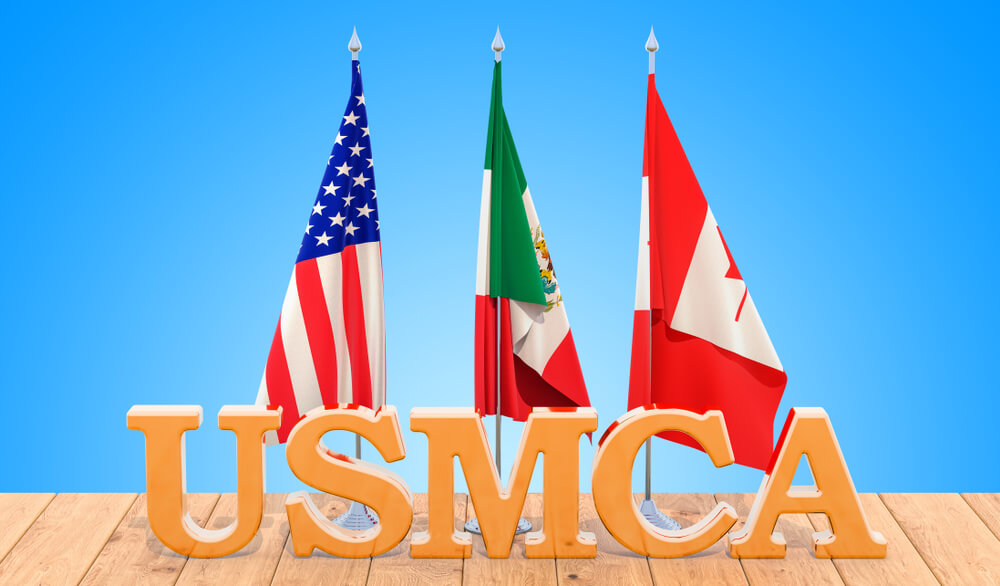President Donald Trump’s new North America trade agreement would give the U.S. economy only a modest boost, an independent federal agency has found.
The International Trade Commission said Thursday that Trump’s U.S.-Mexico-Canada agreement would lift the U.S. economy by 0.35%, or $68.2 billion, and add 176,000 jobs six years after it takes effect. That’s barely a ripple in a $21 trillion-a-year economy and a job market of almost 151 million people.
The commission’s analysis is required by law and is expected to kick off a contentious congressional debate on the regional trade pact designed to replace the 25-year-old North American Free Trade Agreement.
NAFTA tore down most trade barriers between the United States, Canada and Mexico, leading to a surge in regional trade. But critics, including Trump, said the pact encouraged manufacturers to pull out of the United States, relocate to low-wage Mexico and ship products back across the border duty free.
The revised version, signed by the three countries last year but awaiting approval by each of their legislatures, is designed to encourage factories to move back to the United States. For instance, one provision says that in order for a car to quality for duty-free treatment under the agreement, 40% of its content must be produced in North American factories where workers earn an average of at least $16 an hour — that is, not Mexico.
The commission found that the new pact would modestly raise the price of U.S. cars and reduce sales. It would create 30,000 jobs in American auto parts plants but cost 1,500 jobs in factories that assemble cars.
Hours before the commission released its report, the Trump administration released more upbeat findings of its own. The Office of the U.S. Trade Representative, citing its consultations with automakers, predicted that the agreement would encourage $34 billion in investment in U.S auto plants and create 76,000 auto industry jobs over five years.
© The Associated Press. All rights reserved.




